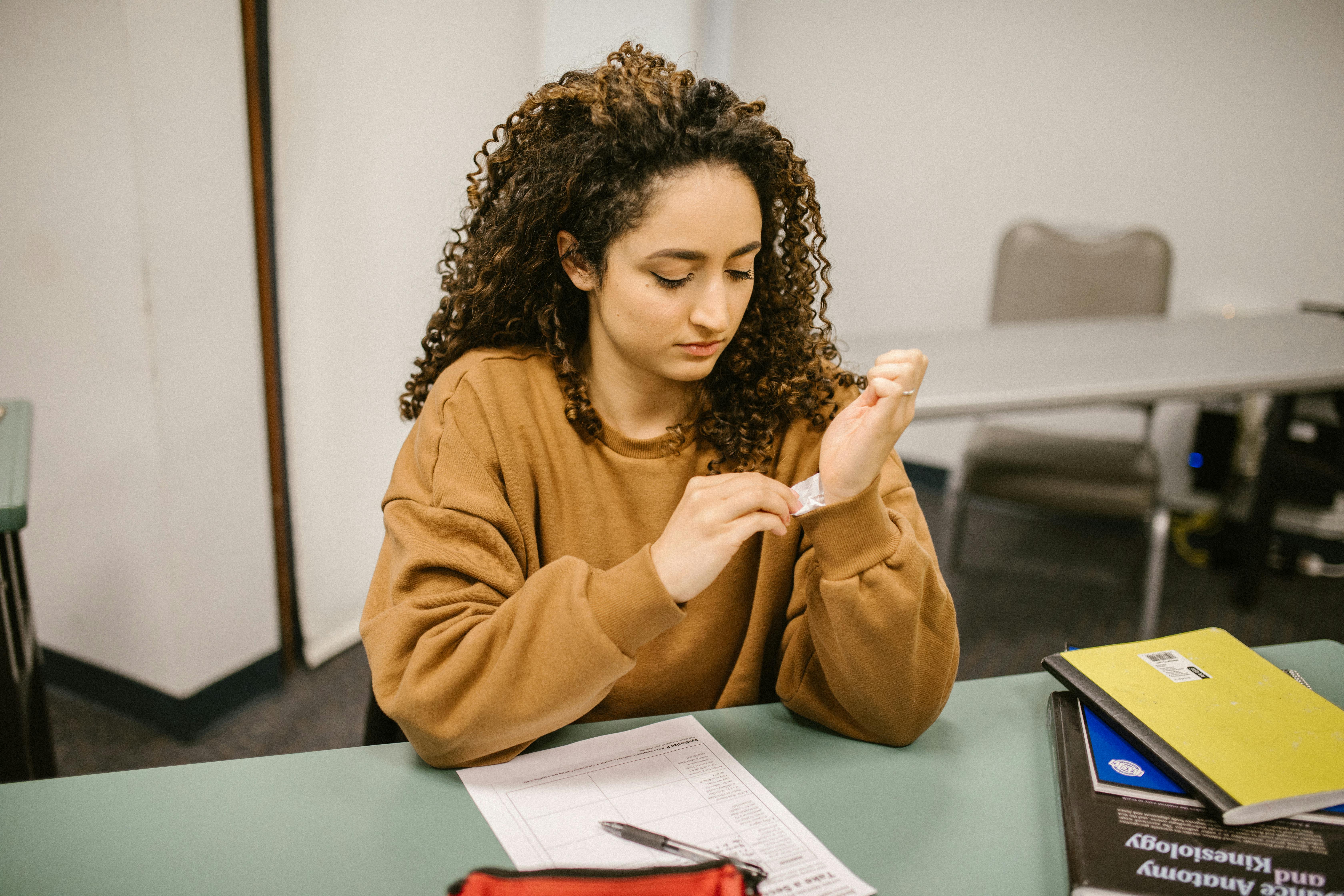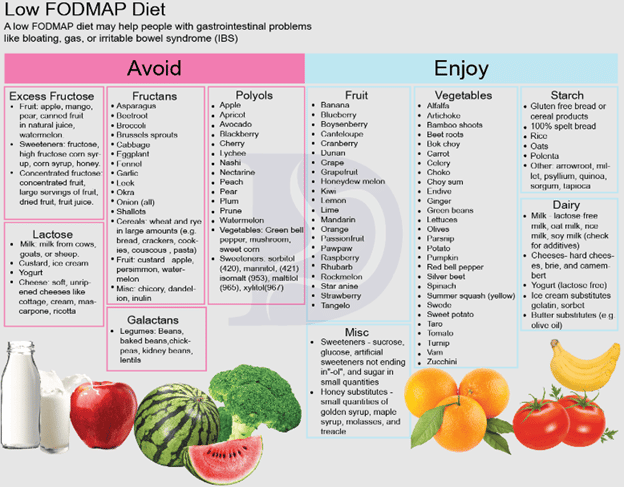
Effective Strategies to Overcome Porn Addiction in 2025
Porn addiction has emerged as a significant concern for many individuals, impacting not just personal lives but also mental health and relationships. Understanding the intricacies of porn addiction is essential for those seeking recovery. This article explores effective strategies for overcoming porn addiction, highlighting proven methods and their benefits.
Quitting porn can lead to improved mental health, better relationships, and a healthier lifestyle. Throughout this guide, we will discuss self-help techniques, the importance of professional help, and how community support plays a crucial role in recovery. Prepare to discover a roadmap for a porn-free life, with tools and insights to empower your journey.
The key takeaways include the importance of mindfulness practices, the benefits of creating a supportive environment, and strategies to break free from compulsive behaviors. Let’s delve into these effective methodologies together.
Understanding the Psychology of Porn Addiction
Before diving into solutions, it's vital to understand what drives porn addiction. Understanding compulsive behaviors is the first step in developing effective coping strategies. The psychological impact of porn is profound, influencing not only self-esteem but also how individuals relate to intimacy.
Studies have suggested that porn addiction can create a cycle of dependency, leading to increased anxiety and emotional distress. Addressing underlying issues through therapy for porn addiction provides a structured way to confront these challenges. Additionally, fostering emotional intelligence in relationships can aid in recognizing personal triggers and starting meaningful conversations about addiction and health.
Impact of Porn on Mental Health
The connection between mental health and porn addiction cannot be overstated. Engagement with porn can lead to higher anxiety levels, depression, and feelings of shame. Many people grappling with these feelings often find it hard to break free from porn's grasp. Thus, acknowledging these emotions is an essential step towards healing.
Understanding the psychological triggers behind addiction helps individuals set personal recovery goals effectively. Exploring motivations for quitting can illuminate the benefits of a porn-free life, encouraging personal accountability and fostering resilience against relapses.
Developing Coping Mechanisms
As individuals commit to overcoming porn addiction, it's crucial to develop proficient coping mechanisms. Techniques such as mindfulness meditation and engaging in healthy activities like physical exercise improve mental health and provide positive outlets for emotions.
Tracking progress in recovery through journaling can serve as a helpful feedback mechanism. By documenting thoughts and feelings, individuals gain insights into their emotional triggers, recognizing patterns that necessitate change. Practicing self-care and engaging with community support are also vital in reinforcing these strategies.
Building Supportive Relationships
Surrounding oneself with a supportive community is integral for sustained recovery. Engaging in support groups for porn addiction fosters a sense of belonging and accountability. Peer support and shared personal stories of recovery can empower individuals, reminding them they are not alone in their journey.
Communication is key in fostering healthy relationships that prioritize healing. Encouraging open conversations about porn and its effects, coupled with seeking guidance from addiction professionals, can create a holistic support network.
Professional Help and Therapy for Porn Addiction
Many individuals find themselves needing professional help to effectively navigate the complexities of porn addiction. Professional addiction help through therapy modalities, such as cognitive behavior therapy, provides structured methods to recognize and modify problematic behaviors.
Online therapy sessions have become increasingly popular, offering flexible access to addiction specialists. These sessions can be tailored to address individual needs while helping individuals confront the psychological aspects associated with porn usage.
Benefits of Engaging in Therapy
Engaging with therapy not only equips individuals with practical tools but also aids in addressing deeper emotional issues. Therapy for porn addiction focuses on understanding attachment styles and emotional regulation, essential for those looking to build healthy relationships.
Therapeutic modalities can help break the cycle of dependency by promoting personal development workshops and cultivating a supportive environment. By connecting with emotions and practicing gratitude, individuals can reshape their narrative towards a more positive outcome.
Freeing Yourself from Compulsive Behaviors
Recovery from porn addiction is inherently tied to understanding and altering compulsive behaviors. Techniques such as behavioral modification and avoiding triggers in daily life can significantly enhance resilience. Setting SMART goals for recovery supports structured progress, while addressing potential relapses with coping mechanisms reinforces a proactive mindset.
Creating a balanced lifestyle is crucial; engaging in hobbies and forming meaningful connections can fill the void previously occupied by porn. By balancing time management and exploring healthier alternatives, individuals can effectively steer their lives towards fulfilling pursuits.
Creating a Supportive Environment for Recovery
Crafting an environment that encourages recovery is essential for those overcoming porn addiction. This includes reducing exposure to triggers, such as accessing inappropriate content, while fostering supportive interactions with family and friends.
Establishing accountability partners can further enhance commitment to recovery. Peer support serves as a constant reminder of personal goals and achievements, promoting a feeling of safety and encouragement in times of struggle.
Encouraging Open Conversations
Encouraging open discussions about porn addiction among peers, partners, and professional support networks can demystify the issue, reducing feelings of shame and isolation. Implementing educational outreach about porn addiction within communities creates awareness and empathy, vital for those seeking assistance.
Communicating openly with partners fosters a safe space for emotional expression, enabling deeper connections and alleviating misunderstandings related to porn use. Ultimately, shared honesty cultivates a healthier approach to navigating relationships.
Using Mindfulness and Lifestyle Changes
Integrating mindfulness practices, such as journaling and meditation, into daily routines enhances emotional resilience and stress management. By incorporating these techniques, individuals can significantly reduce anxiety and develop a balanced approach to life beyond porn addiction.
Engaging in lifestyle changes, such as regular physical activity and adopting healthy habits, creates a foundation for long-lasting recovery. This holistic approach empowers individuals to embrace change, promoting personal growth and resilience in the face of challenges.
Q&A: Common Questions About Overcoming Porn Addiction
What are the first steps to take when trying to quit porn?
Starting with self-reflection, identifying personal triggers, and setting clear goals help establish a pathway. Seek support through therapy or groups to share experiences and resources.
Can mindfulness help in the recovery process?
Absolutely! Mindfulness techniques, like meditation, assist in managing urges and enhancing emotional awareness, creating a calm and focused mindset.
Are support groups beneficial for recovery?
Yes, support groups provide a safe space for sharing experiences and receiving encouragement from others facing similar challenges. They reinforce the importance of accountability.
How can family members support someone trying to quit porn?
Family members can engage in open conversations, offer encouragement without judgment, and create an environment conducive to healing and open communication.
What role does professional help play in quitting porn?
Professional help provides tailored strategies and addresses underlying issues, equipping individuals with tools needed for a successful recovery journey.

 ```
```